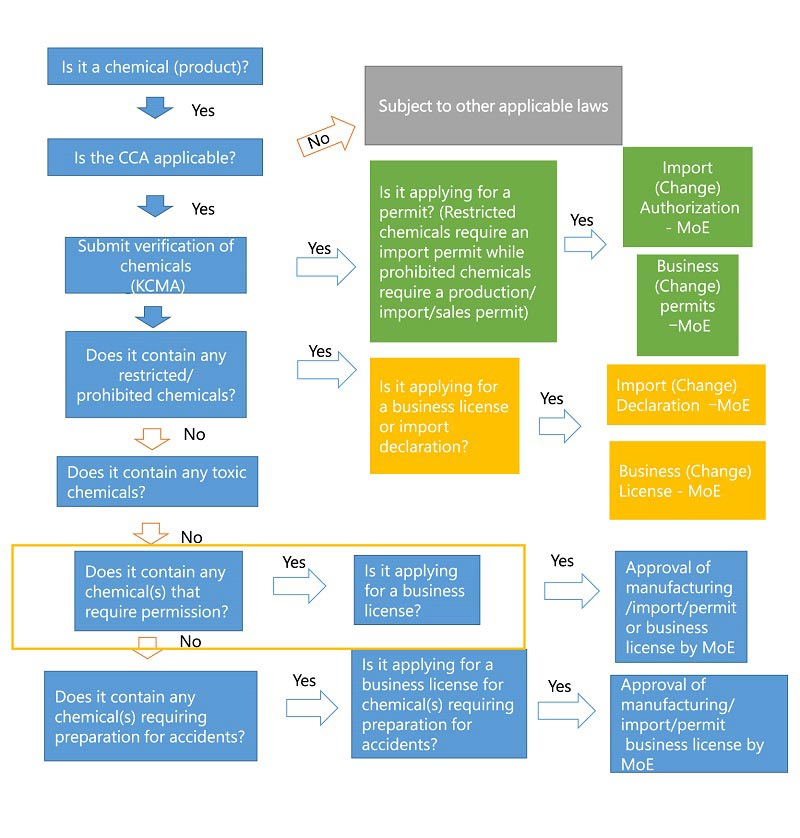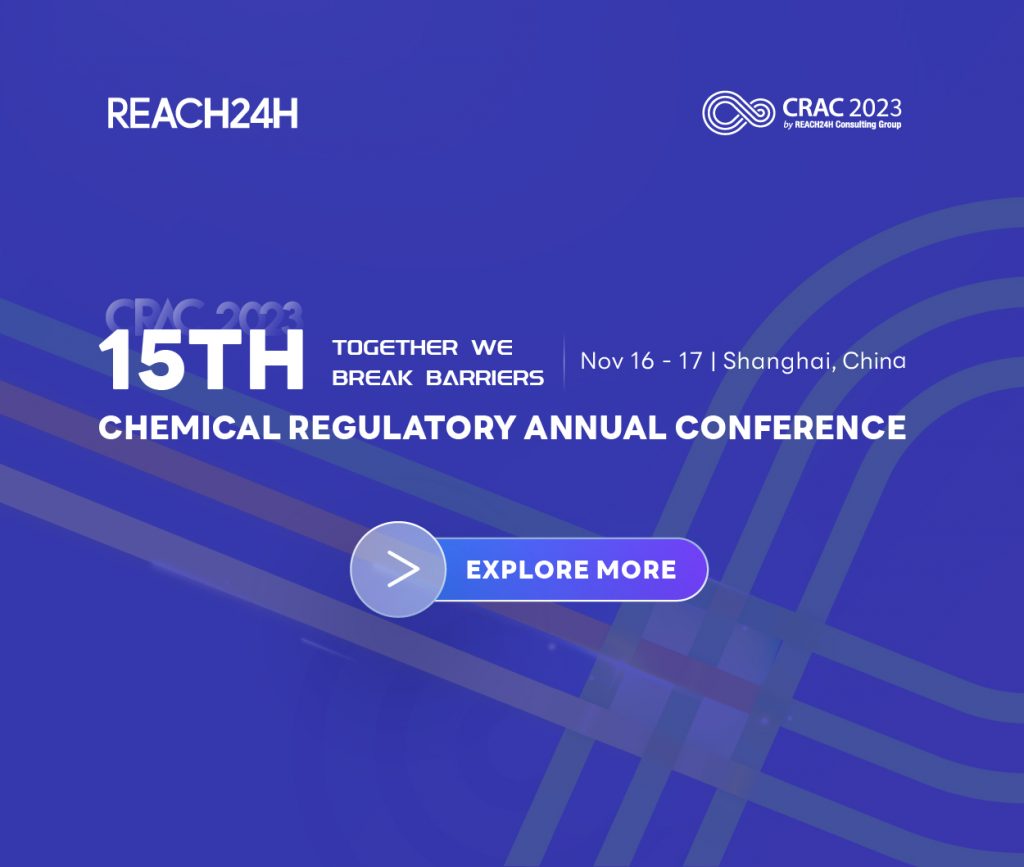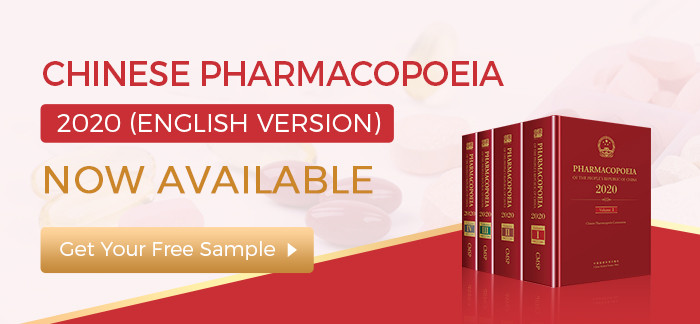Korea CCA (Chemical Control Act)
What is CCA?
South Korea’s Chemicals Control Act (CCA) was enforced in 2015 to protect public health and prevent environmental harm caused by chemical substances by strengthening the criteria for the handling and management of chemicals, previously managed under the Toxic Chemicals Control Act (TCCA). REACH24H Consulting Group provides effective solutions to ensure clients’ corporate strategies fully comply and adapt to regulatory amendments and changes in regulations.
How to Comply?
All chemical importers & manufacturers must comply with the Chemical Control Act as indicated in the process chart below for chemical manufacture & import.
 Toxic chemicals: Hazardous chemicals prescribed and publicly notified by the Ministry of Environment in accordance with standards prescribed by Presidential Decree.
Toxic chemicals: Hazardous chemicals prescribed and publicly notified by the Ministry of Environment in accordance with standards prescribed by Presidential Decree.
Chemicals requiring a permission: Chemicals that are likely to pose a risk, as publicly notified by the Ministry of Environment following consultations with the heads of relevant central administrative agencies and deliberations by the Chemicals Assessment Committee under Article 7 of the Act on Registration, Evaluation, etc. of Chemicals so that such chemicals may be manufactured, imported, or used with permission from the Ministry of Environment;
Restricted chemicals mean chemicals recognized as posing a high risk if used for certain purposes, which are publicly established by the Ministry of Environment following consultations with the heads of relevant central administrative agencies and deliberations by the Chemicals Assessment Committee under Article 7 of the Act on Registration, Evaluation, etc. of Chemicals to prohibit the manufacture, importation, sale, keeping, storage, transport, or use of such chemicals for such purposes;
Prohibited chemicals mean chemicals recognized as posing a high risk if used for specific purposes designated and publicly notified by the Ministry of Environment following consultations with the heads of relevant central administrative agencies and deliberations by the Chemicals Assessment Committee under Article 7 of the Act on Registration, Evaluation, etc. of Chemicals to prohibit the manufacture, importation, sale, keeping, storage, transport or use of such chemicals for all purposes.
Chemicals requiring preparation for accidents means chemicals highly likely to cause chemical accidents due to their high acute hazard properties, explosiveness, etc. or likely to cause severe damage if a chemical accident occurs. These chemicals are designated and publicly notified by the Ministry of Environment for the purpose of making necessary preparations for chemical accidents caused by such chemicals.
How to Comply with CCA?
- Request CCA consulting Service (Hazardous chemical license : Sales, Manufacture, Storage, Using, Transportation, R&D)
- REACH24H Consulting Group draws a plan and solution for CCA compliance
- Agreement on consulting services on CCA
REACH24H provides full consultation services and strategies for CCA compliance
- Verification of chemicals/hazardous chemicals facing notification duties
- Submission of verification of chemicals,
- Application review for toxic chemicals import declaration,
- Application review for restricted chemicals import permit,
- Application review for permits to manufacture/import/sale prohibited chemicals,
- Application review for Approval to export restricted/prohibited chemicals.
- Business license for hazardous chemicals
- Strategic consultation services for the manufacture/sale/storage/use/transportation of hazardous chemicals of business and industrial use and other related activities,
- Preparation and review of forms and documents for compliance,
- Correspondence with the related authorities.
- Chemical regulatory compliance audit preparation
- Day-to-day management of activities pertaining to compliance (Chemical regulatory compliance including PSM in accordance with industrial safety & health regulations and related operations)
- Ensure compliance with process safety management rules, environmental regulations and permits,
- Provide SHE management audit program for Toller, sub-contractors and projects.
- Off-site Consequence Analysis (OCA): Required for all hazardous chemicals
- Evaluation of facilities and processes,
- Process risk analysis and preparation of accident scenarios,
- Impact assessment and risk analysis around the site,
- Preparation and submission of reports, and communication with related authorities.
- Risk Management Plan (RMP) : Only for Chemicals requiring preparation for accidents
- Evaluation of facilities and processes,
- Process risk analysis and preparation of accident scenarios,
- Analysis-based systematic management of chemicals requiring preparation for accidents.


